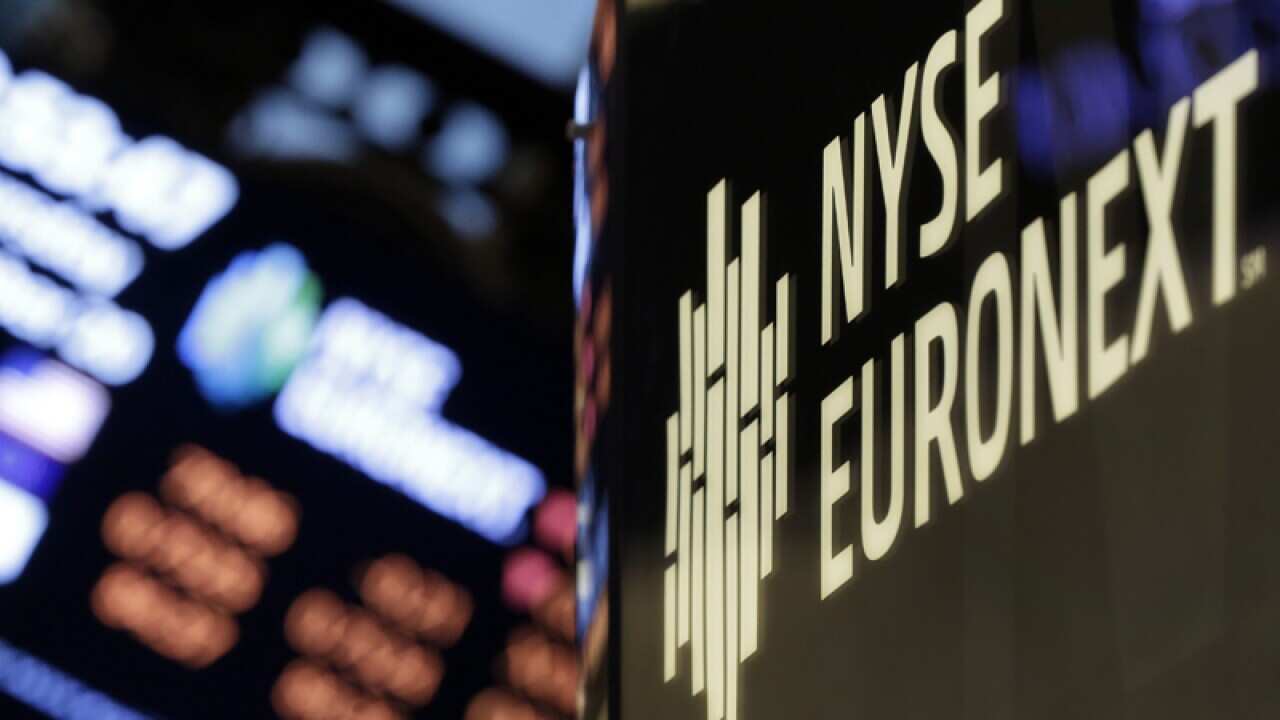By David Glance, University of Western Australia
In language that is more in keeping with hackers and crime syndicates, the Financial Times reported last week that the FBI was going to assist securities regulators in the US to tackle “dark pools” and high frequency trading abuses. Although it is not clear what the FBI's qualifications are in the complicated area of market making or arbitrage trading, it is presumably their technical expertise they are bringing to the party as financial firms are rapidly outpacing the SEC in exploring new ways to make money with computers.
High frequency trading (HFT) refers to the practice of making trades using computer algorithms that determine what stocks to buy or sell. The shares may only be owned for fractions of a second as the computer responds to both data from news feeds, social networks and other sources and also to the reactions of the market itself. HFT is one type of “algorithmic trading” which refers to trading by computers that may, or not, involve human assistance.
This can give the financial firms the ability to carry out millions of transactions automatically, triggered from data sources that the computers are following. The overall number of stocks that are traded in this way is substantial and represents about 50% of the market in the US. In Australia, the figure may be lower with one source quoting 30% of the market trades being computer-driven.
HFT came to the public's attention after the Dow Jones experienced a 9% drop over a 5-minute period in May 2010, which recovered 10 minutes later. Although the initial trigger for the crash was due to a computer error in which a mutual fund tried to sell $4.1 billion of futures contracts, HFT then kicked in and exacerbated the process first by automatically selling and then by switching off altogether as the market drop crossed a threshold.
Academics studying the phenomenon of “flash crashes” have found they are reasonably common and in most cases are due to HFT, hence the concern by market regulators to understand and control the practice.
The existence of dark pools is making the situation of high-frequency trading worse. Dark pools refer to the practice of making trades that are not disclosed to the public. This may be something that brokers arrange themselves or may be something offered by dark pool companies or indeed stock exchanges. Because large volumes of trades may be executed away from public scrutiny, information about these trades coupled with information from markets around the world creates an opportunity for computer algorithms to spot opportunities to make money from the differences in prices between these markets.
Underpinning all of this is a move by exchanges and finance companies to try and gain advantages by moving to ever faster computers, networks and sources of information. Even cables that connect exchanges in the US or across the Atlantic are being built to shave 1000s of a second off the transmission time between the exchanges. It has been estimated that one thousandth of a second of a speed advantage can make as much as $100 million a year difference in earnings.
Behind the hardware is software that is processing information so fast that the SEC is treating it as a form of insider trading because the computers have access to information that gives it an anti-competitive advantage.
Proponents of HFT are ready to quote the many advantages that it brings to the market. In particular there is the argument that HFT brings “liquidity” to the market by ensuring that the difference between the selling and buying price is minimised. However, this has been disputed by others.
In Australia, the Federal Government last year ruled that all automated trading systems were required to have a “kill switch” by June 2014, to halt trading in the event of a malfunction. They also ruled that dark pools needed to offer a better price than public exchanges. The focus on “kill switches” has been described by one trading insider as being misguided however.
The Australian Securities and Investments Commission today reported on the results of two taskforces set up last year to examine the impact of HFT and dark pools on the Australian market. They found that the concerns over HFT had “been overstated” but did state that dark pools would need further regulation.
Although there will always be a role for humans in trading, computers and computer algorithms will continue to play a significant part in how financial firms make money. With ever increasing amounts of data that are being factored into decisions at ever increasing speeds, humans are just not capable of making these decisions reliably.
The complexity of the software is such that it is almost impossible to know what the overall impact on financial markets is, let alone what it will be. Perhaps the constant speculation about the stock value of companies like Apple and Facebook makes more sense if they are seen as being driven not by announcements like Samsung's new phone or new features in news feeds, but by millions of tiny bits of information seen only by computers.
David Glance does not work for, consult to, own shares in or receive funding from any company or organisation that would benefit from this article, and has no relevant affiliations.


